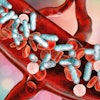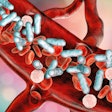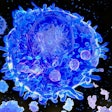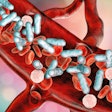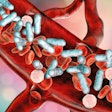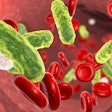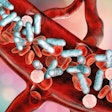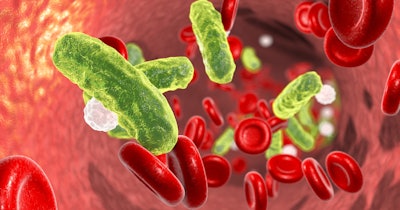
Diagnostics company Blu Biotech announced on Tuesday its collaboration with the University of Michigan and its Max Harry Weil Institute for Critical Care Research and Innovation to develop breath biomarkers for the detection of sepsis and acute respiratory distress syndrome (ARDS).
Once the biomarkers have been developed, Blu Biotech will seek approval from the U.S. Food and Drug Administration (FDA) for the use of the biomarkers in the Micro GC (micro-gas chromatography) device, which was recently licensed to Blu Biotech by the University of Michigan.
ARDS and sepsis are life-threatening and can be difficult to detect early. Blu Biotech, University of Michigan, and the Weil Institute seek to change that with the development of biomarkers for both conditions.
“There is currently no good way to detect sepsis and ARDS in a timely fashion or to provide health care providers the ability to rapidly know if treatments are having their intended effects,” Robert Tavzel, CEO of Blu Biotech, said in a statement. “If we had an early detection capability that could be employed rapidly with the ability of knowing how patients are reacting to therapies in real time, countless lives could be saved.”
Sepsis, a syndromic response to infection, has been estimated to kill 11 million of the 48.9 million people it affects each year; it is responsible for almost 20% of all global deaths. Almost half of all cases of sepsis occur in children. According to the CDC, at least 1.6 million adults in the U.S. develop sepsis; it is the cause of one in three deaths in hospitals. The treatment for sepsis is often very expensive and involves prolonged hospital stays.
ARDS, in which injury causes fluid buildup and inflammation in the lungs, rendering it difficult for the lungs to provide oxygen to the body, is also a life-threatening condition; the mortality rate for ARDS is 25% to 40%. As with sepsis, ARDS necessitates complex, expensive treatment, with slow recovery and frequent lingering disability.
